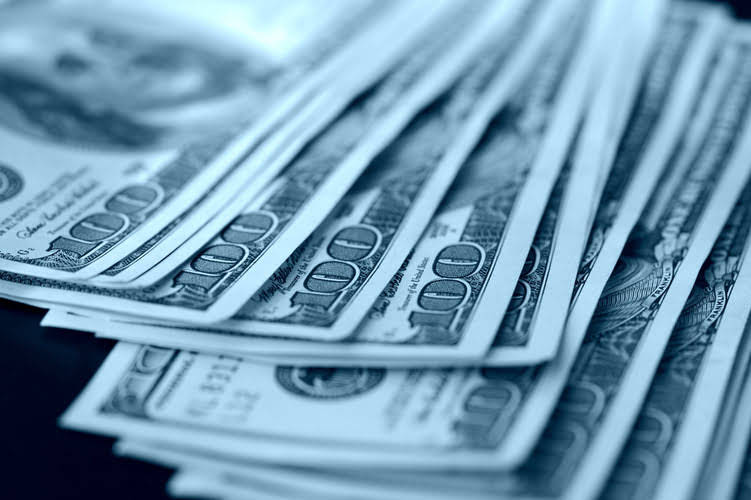
Economic downturns or unexpected maintenance issues can significantly impact a hotel’s financial stability. By including contingency funds and preparing for potential challenges, hotels can better weather these storms. Understand that budgets should not remain static but rather evolve alongside shifting realities. Remain flexible and responsive to internal or external developments influencing your business environment. Implement iterative refinement techniques, updating your budget periodically based on new information or revised forecasts.

SaaS costs

Incorporate productivity trends into your future hotel budgeting efforts to account for additional staffing needs during high-demand periods or other identified periods. In this post, we cover some not-so-obvious ways that hotels can better prepare for their financial future. We have prepared a list of hotel budgeting tips to help hoteliers, revenue managers, and marketing directors improve their property’s financial picture and performance. Let’s take a closer look at the factors one needs to consider when preparing a hotel budget. From luxury hotels to budget motels, every hotel needs a financial plan that works.
Why do hotels create budgets?
- Resolve that by assigning virtual cards to schedule them every month automatically.
- Understanding the significance of these components and leveraging proven strategies empowers us to navigate budgeting intricacies with confidence.
- Reserve funds mainly go for fixing unexpected repair or replacement costs of furniture or a piece of equipment.
- The latest 12th edition of USALI boosts transparency in financial and operational areas while establishing a foundation for hotels to compare their performance against industry standards.
- Hospitality is one of the industries that can turn unpredictable at any time.
- Understanding the competitive landscape and its impact on hotel performance is crucial for accurate budgeting and forecasting.
Also, gather data on customer satisfaction scores, online reviews, and feedback to understand areas that may require investment. They always say you should have a “cushion” when it comes to budgeting, and hotel budgets are no exception. Unpredictable events—whether they’re market shifts, fluctuations in demand, emergencies, or issues within your hotel—can significantly impact your budget if you’re not prepared. To avoid this pitfall, it’s essential to build in an “emergency fund” as part of your budget. This financial buffer ensures you’re covered when the unexpected happens, keeping your hotel on a stable footing. A departmental budget is crafted for each individual department, taking into account both fixed and variable expenses.
Budgeting and Forecasting for Hotels – Ultimate Guide
Within this article, we will review the complexities of hotel budgeting, focusing on the essential components https://www.bookstime.com/articles/how-your-business-can-accept-ach-transfers that form a foundation for a successful process. A plan helps hotel managers make informed decisions, allocate resources effectively, and improve profitability. The hotel industry is highly competitive, and hotels must maximize revenue while minimizing costs to stay profitable. Additionally, you should analyze last year’s key metrics, such as occupancy rates, average daily rates (ADR), RevPAR (Revenue per Available Room), and customer acquisition costs. Allocating funds for capital expenditures emerges as another critical aspect of hotel budgeting.
Performance Cookies
- Experts predict that the struggle will continue well into 2025 or until true recovery kicks in.
- You need to analyze multiple factors and take into account many elements like historical hotel data, market trends, and current economic conditions.
- This approach promotes fiscal discipline and discourages unnecessary expenses.
- Account for both positive and negative deviations from initial projections.
- For example, if the marketing department understands their allocated budget, they can plan their campaigns and initiatives accordingly, ensuring optimal utilisation of resources.
- You can view the payment trends for different periods of time and view how much is spent in total.
In this case, a mid-range hotel in Florida was facing serious budget constraints. With rising hotel utility costs and a struggling cash flow, the hotel had to fixed assets make changes. The hotel adopted a structured budgeting approach, focusing on reducing operating expenditures and improving its cash flow. Keeping an eye on operating expenditures, such as room bookings and capital expenditures, is important. These trends will help you adjust budgets accordingly to meet future hotel needs.
- Inflation, recession, and other conditions can also impact the hotel budgeting plan.
- Finally, revenue projections, expense management, capital expenditures, and market considerations each play a crucial role in driving financial success.
- They also invest in branded domain names and websites (along with plug-ins such as chatbots).
- She entered the hotel world in 2013 as a housekeeping team member and worked her way through various departments before being appointed to Director of Sales.
- Columbia Hospitality improved operations and guest engagement by adopting HelloShift.
Common mistakes when creating a hotel budget and how to avoid them

Open dialogue facilitates consensus-building and reduces misunderstandings regarding resource availability and expectation management. Hotels often rely on disparate systems for tracking reservations, revenues, expenses, and other critical data points. Ensuring consistency, accuracy, and completeness across these sources can be challenging, leading to potential errors or biases in budgeting and forecasting efforts. On the revenue side, categorise income into room bookings, food and beverage sales, spa services, conference facilities, and any other ancillary services.
Zero-based budgeting can help hotel budget hotels eliminate unnecessary expenses, while incremental budgeting can save time and resources by building on the previous year’s hotel budget. It’s no secret that occupancy is lagging due to slowed leisure travel this year. That’s why hoteliers are doubling down on group business to fill need periods.
Create a detailed revenue forecast that includes a month-by-month and quarter-by-quarter breakdown. This should be based on your historical data, market trends, and any planned marketing or sales initiatives. While it can be difficult to precisely predict revenue, effective revenue management is a key part of creating a hotel budget.
No responses yet